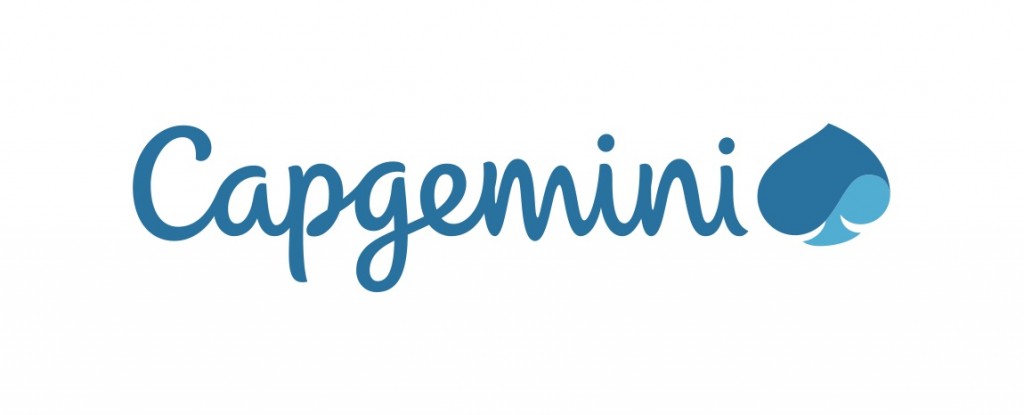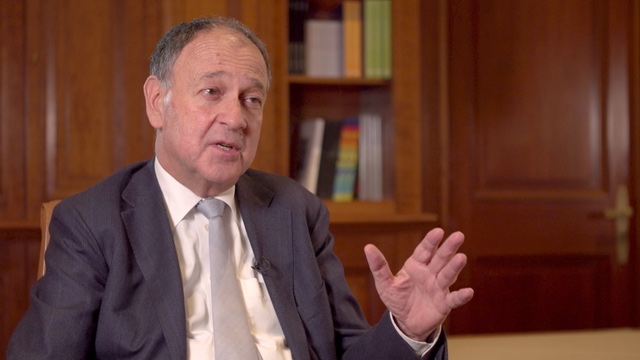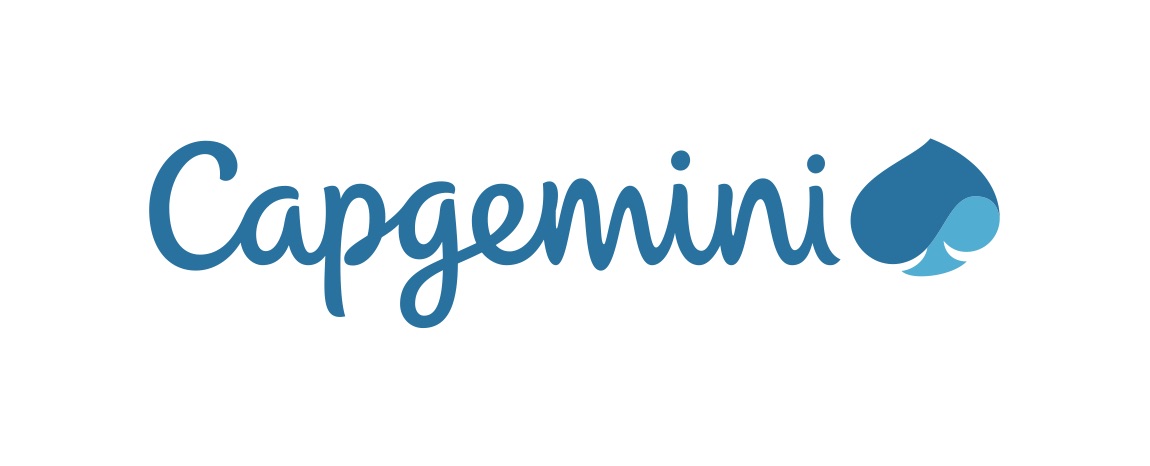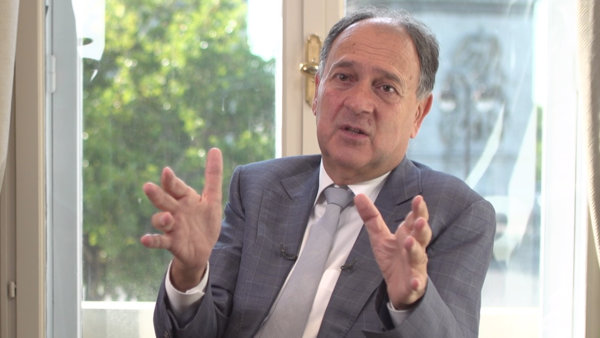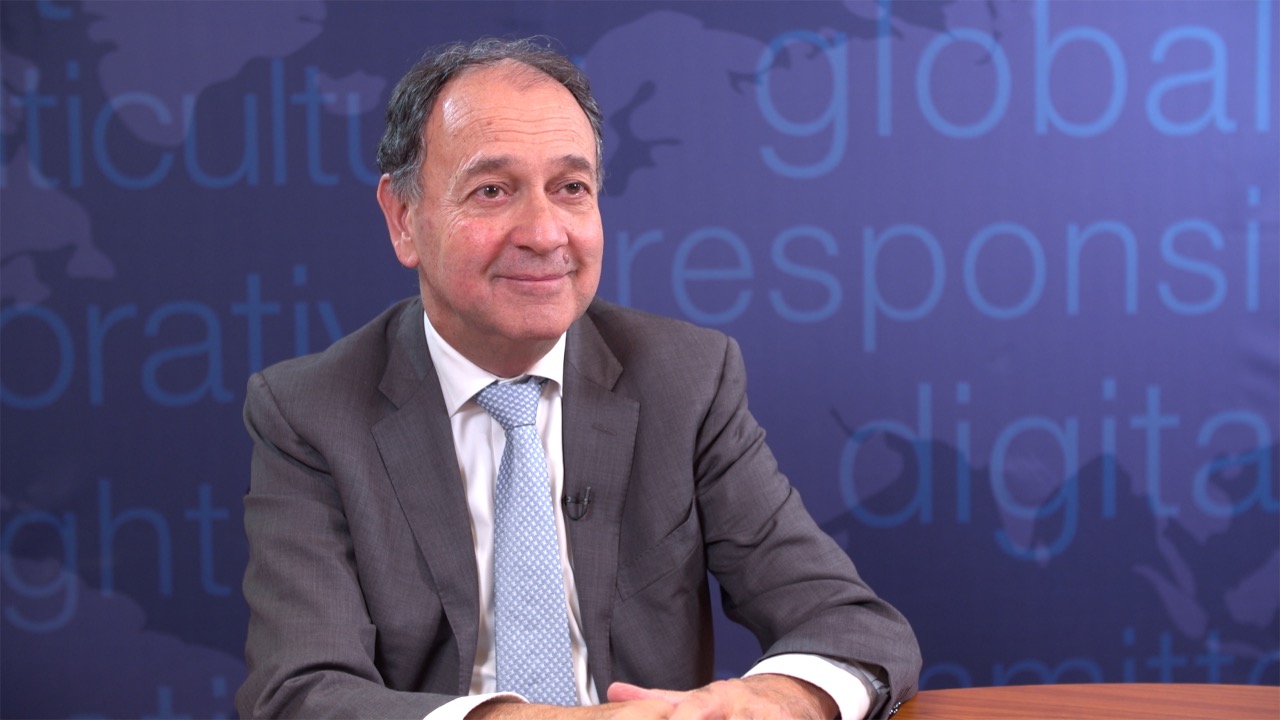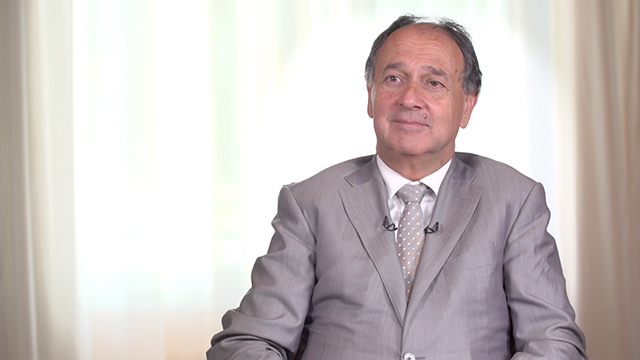EuroBusiness Media (EBM) Capgemini a global leader in IT services and management consulting, just reported profit for the first-half of the year, Paul Hermelin welcome. You are the CEO of Capgemini, what are your comments on the group's performance in the first-half?
Paul Hermelin (PH): A few ones. The first one is that it’s a pleasure to announce a new surge in our profit margin and in our net profit by more than 35%. The second point is that, against some fears, the market has developed pretty well and the second quarter shows additional growth compared to a first quarter that was already quite satisfactory. And last, probably the most important I think, we have improved the solidity of the group, its transformation, so preparing for possible adverse conditions, as we do not know what 2009 will look like, we have a solid performance plus a strong preparation for the future.
EBM: As the financial sector crisis spreads to other parts of the global economy, what is your degree of visibility, and how would you rate Capgemini's ability to face a slowdown in demand in the coming quarters?
PH: There too, some remarks. The first one is that, so far, we have not recorded any actual signs of slowdown. Of course, we read the press, we watch the market, so we are more and more prudent, but the customer demand has not softened so far. So we should acknowledge it and, of course, be prepared for a slowdown, but not create it by anticipating to the extent that it would freeze our machine, which today is truly running, and running well. The second point is that Capgemini has been very cyclical; I think we have changed several attributes of the group. We have a strong footprint in the public sector, there is the outsourcing dimension of the group that did not exist eight years ago, and the third one is that, thanks to our right shore model, we have something that I think will be very appropriate for a downturn, because I do not expect our customers to stop investing. They will ask for more return on investment, they will ask more for less. Then we will be able to combine our local intimacy, plus the global delivery and the productivity and the industrialisation. This slowdown, if it occurs, will not look like the previous one.
EBM: What is your capacity for margin improvement, and do you still confirm today all of your previously stated guidances, namely: organic revenue growth between 2 and 5% and an EBIT margin of 8.5% this year, and a 10% EBIT margin in 2010?
PH: Frankly, our performance in H1 is just giving us more confidence to reiterate our guidance. But let’s be a little more precise. With 5.3% growth in H1 and the current outlook, the 2% growth for the year is no longer credible. So we narrow our growth - still within the range - but let’s say 4% to 5% revenue growth looks more realistic, even if there could be some slowdown in H2, I think we’ll be in the top of the range. But with confidence, we’ve reiterated our confidence in delivering the 8.5% margin, of course.
EBM: And for 2010?
PH: What we’ve said is if the market conditions remain OK – we didn’t say vibrant, we didn’t say buoyant – this group has the possibility to deliver a double digit margin. Now, if the economy is in shambles in 2009 and 2010, we will be impacted. This is not what we foresee today. We are still developing the margin potential of this group.
EBM: How is your offshore model developing in Europe, where the use of offshore resources is probably not as culturally engrained as it is in the US or the UK? Are European clients readily embracing your offshore solutions?
PH: Frankly today, the offshore penetration, the offshore leverage in the Anglo-Saxon market becomes truly dominant. We have a ratio between on- and offshore headcount that is more than 50% in favour of off-shoring. So that’s done. Now, if we look at Continental Europe, you’re right to say it’s not a general trend. Some customers have embraced that journey, with some volume. I think that it’s pretty remarkable to see that we have grown our business in the financial sector, against all anticipation, by more than 7 points, and notably we have put together in our global financial service unit, we have put our Dutch group - Dutch practice - they start truly to leverage very well Indian people, so we see that in the troubled, financial industries in Continental Europe there is a true breakthrough of off-shoring, even in Continental Europe. Some countries are more behind; we see a general appetite and momentum in Nordic countries, in Scandinavia. Frankly France is behind, Germany is coming. This is spreading over Europe and this will change the industry.
EBM: Last week you announced the acquisition of a part of Getronics in the Netherlands, suggesting that you are also interested in bolstering your capacity onshore, not just offshore. What does the Getronics deal bring to Capgemini today and, looking ahead, what other types of acquisitions should we expect to see from you in the near- and medium-term?
PH: The first point is that it should be clear, I don’t want - and I would be wrong trying to build with Capgemini - some kind of “me too” of an Indian pure player. At that game we would always lose. So the question is; how to we combine local intimacy, local energy with nationals and a global delivery map and productions, network of centres? So in H1, in the first half, we invested in Latin America, to grow production centres offshore in Brazil, Argentina and Chile. So you will see that, and you will see more of that. Probably beyond India we will settle in other Asian countries. But we will invest further on some onshore domains, front ends, if they provide us capabilities we don’t have or customers we miss. In the case of Getronics – let’s be more precise, it was the application part of Getronics PinkRoccade – long-term contracts that improve the resilience in Holland, where outsourcing had only a small share of our mix. Long-standing relationships with top brands, notably in the public sector, which is resilient again. So I think, new market presence in some sectors, balancing our portfolio in Holland. In Holland, we have a very strong management team, strong credentials. This is one of our best teams. So I think the market was right to feel safe about it. It is a significant addition, it does improve our market credentials in Holland and it’s a country where we always did pretty well.
EBM: And finally, is the transformation of the group, in particular the outsourcing business, near completion today, or is more rapid change still needed in some parts of the organization?
PH: Two remarks. My view is that outsourcing is probably the most advanced unit in terms of its offshore leverage. But we need to do a little more. Notably, we will probably industrialise even further the infrastructure management part of the group. That will be done next year. And we will have to invest in more BPO service lines. In BPO we have established a very strong brand in finance and accounting, outsourcing. We want to do more. So there are still more things to do in outsourcing. But they are quite advanced in the off-shoring leverage. Regarding the rest of the group, what we are now starting to address is “How should we reshape our onshore forces so that they are the right complement to offshore?” And that’s what we call the “onshore transformation” and this has started in the US, this is underway in the UK, and we are starting some of these transformations in some Continental European countries, but that will take probably 2 to 5 years.
Paul Hermelin, CEO of Capgemini, thank you very much.
PH: Thank you

